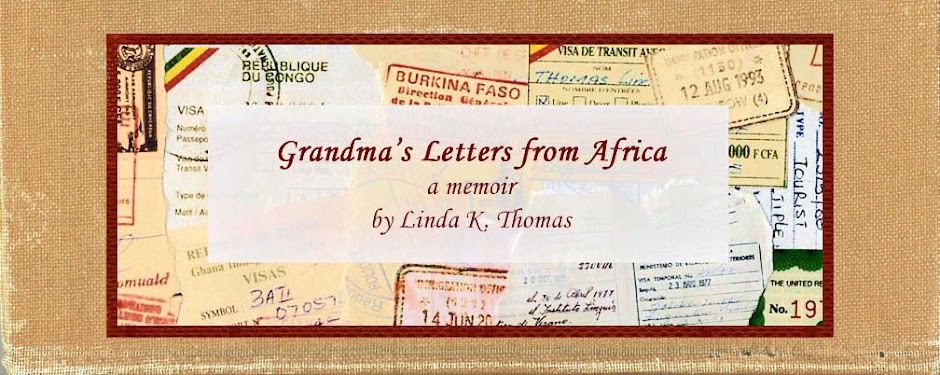When
the pavement ended, we had followed a track in the sand. When that faded, we
made our own way.
Before
long, we found ourselves driving alongside a thin, meandering line of trees. We had
arrived in Eleng’ata Enterit, a place you can’t find on the map, in
southwestern Kenya. It wasn’t a village; we saw no dwellings. I felt filthy, sweaty,
sticky, and dehydrated. Thank God, we’d finally arrived. (If you missed it,
click on I never dreamed I’d live by a stream in a desert.)
As
part of our orientation course named Kenya Safari, for the next six weeks we would
live in the desert in the shade of massive, spreading fig trees. Oh, blessed, blessed shade.
In Seattle, where I grew up, we never got enough sunshine, but in Eleng’ata
Enterit—oh, yes, this Seattle girl bowed down and thanked God for shade.
We
soon learned, though, that those fig trees offered us only a mixed blessing
because they housed dozens of baboons, which, upset at our invasion, pelted us
with figs. And then there were baboon noises—they make a variety of grotesque sounds—the
worst a blood-curdling shriek, sounding like a baby’s scream.
Those
enormous fig trees grew alongside a narrow, shallow brook in that desert,
reminding me of several verses in Isaiah about the way God provides streams in
deserts. We would quickly learn how important that dirty little stream would be
for our everyday survival!
The
first afternoon, we and our fellow orientees cleared spaces in undergrowth and
pitched tents under those trees beside that stream.
But
I worried about Dave doing that hard work in the heat. A couple of days earlier, he’d gotten sick with an
ailment common in Africa: vomiting, diarrhea, fever, and weakness. It hit him
hard, really hard. God answered our prayers through our nurse, Jenny Caston,
and her trunk of medicines, but recovery would take time.
My
response to Dave’s illness surprised me. Since the beginning of our orientation,
I’d kept my bravery intact despite living among strangers from countries around
the world. I’d been a good sport about roughing it, about birds pooping on my
laundry, the hippo charge, using an outhouse—but when Dave got sick, I had to
fight discouragement.
I
had brought one small chocolate bar with me on Kenya Safari. The time had come
to rip open the wrapper. I let myself eat just a half-inch square, though,
because that one little candy bar had to last a long time.
If
we had stayed a couple of days longer at Lake Naivasha, Dave would have grown healthier
and stronger, but the orientation course had to stay on schedule. When we
arrived at Eleng’ata Enterit, I helped Dave—in my own wimpy, girly way—to clear
the ground for our tent. He never once complained about his hard labor, but I
could tell he was still sick and weak. My heart ached for him.
A
couple of young single ladies in our group struggled to clear their underbrush
so, bless his dear heart, Dave helped them, too. I don’t know how he did it.
All
these years later, I still marvel at Dave’s dogged efforts to set up not only
our campsite but to help others clear ground and set up their tents, too. God
helped him do it. I’m reminded of Isaiah 41:10, “Don’t be discouraged, for I am
your God. I will strengthen you and help you.” I also think of Psalm 41:3 which
says God gives strength to those who are sick.
And
check out Isaiah 35, picturing Dave’s strenuous efforts while ill, laboring alongside
a stream in the desert:
Strengthen
the feeble hands,
steady
the knees that give way. . . .
Your
God will come. . . .
the
lame will leap like a deer. . . .
Water
will gush forth in the wilderness
and
streams in the desert.
(Isaiah
35:3-6, selected)
That
day, as I watched Dave, I witnessed
the
words of Isaiah and the Psalmist come alive.
God
is so good.









